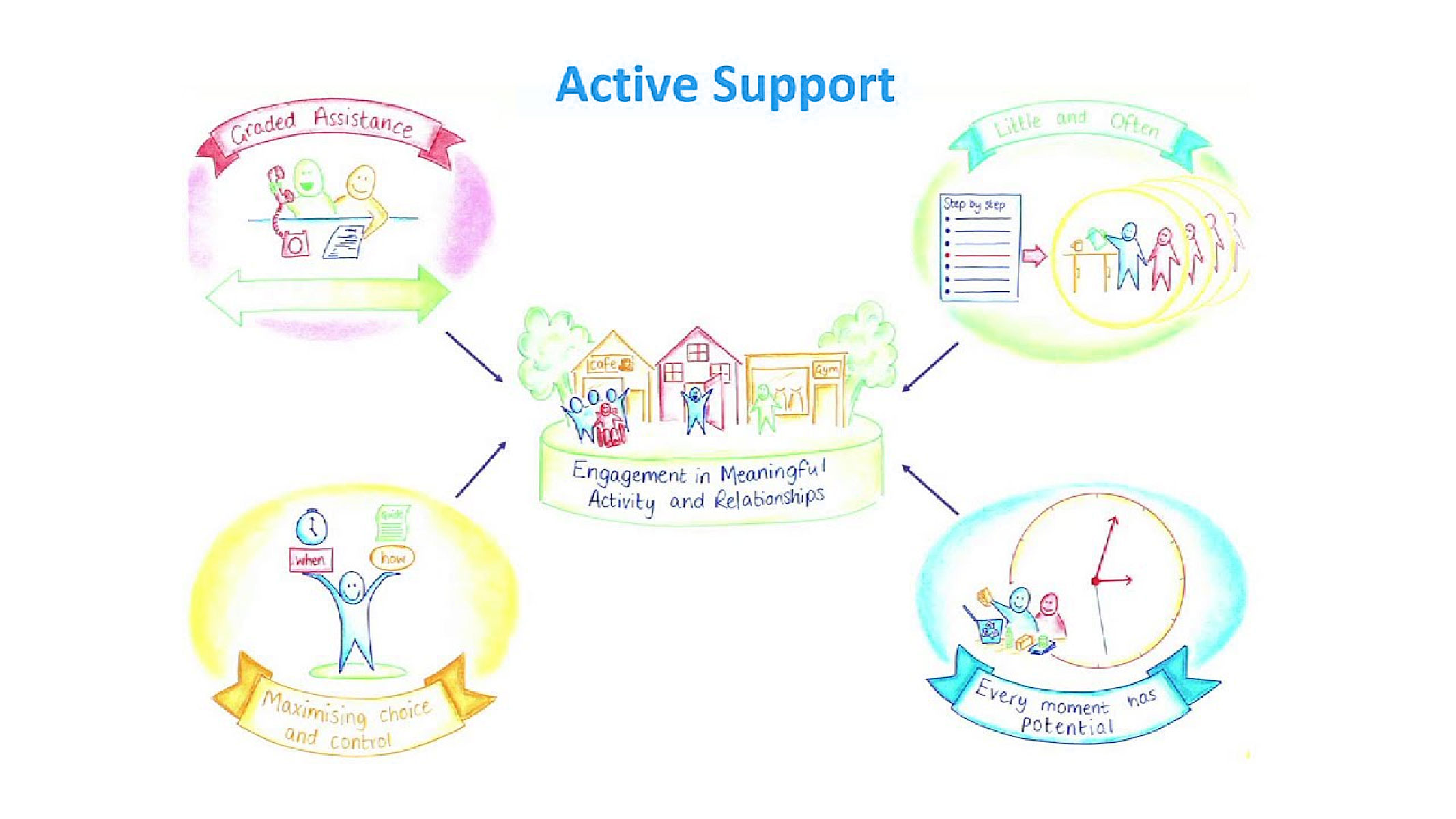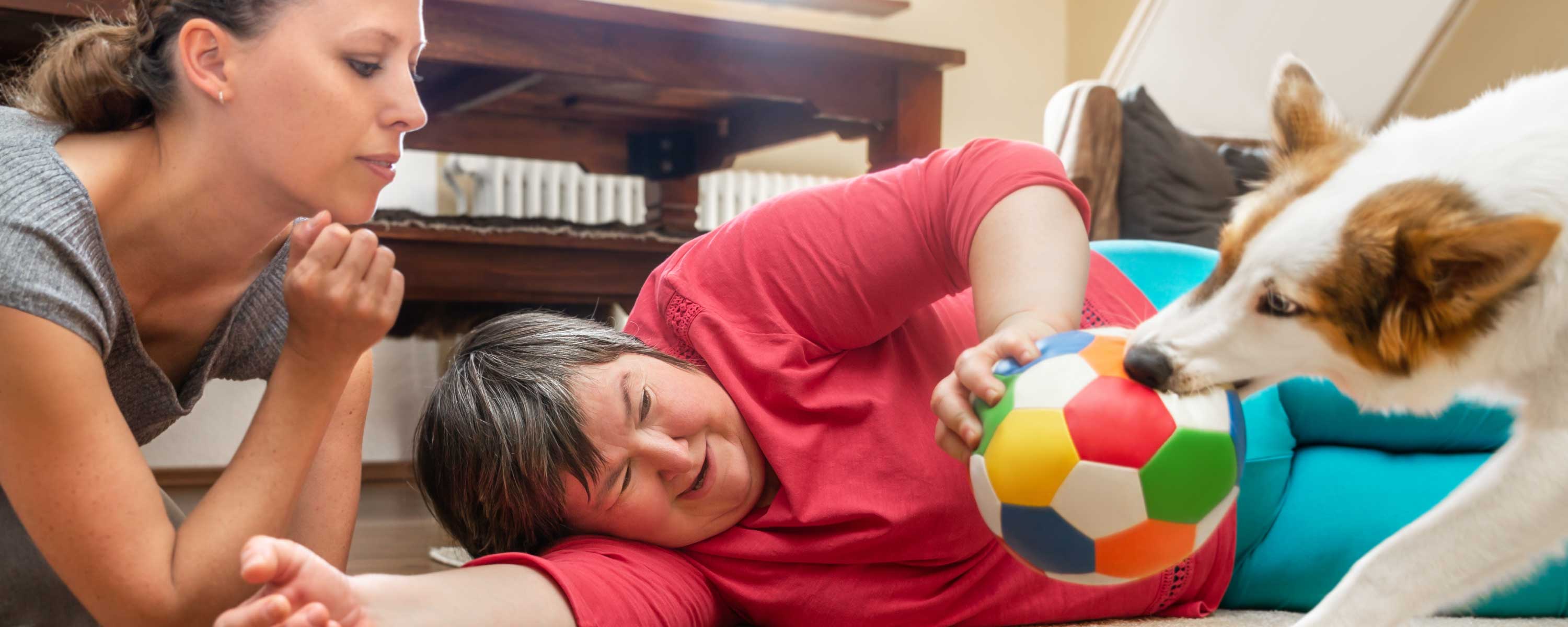Flexi Care & Support...
Working in Partnership
Flexi Care & Support focus on supporting and enabling people to become more independent, to feel a valued part of their community and to realise their aspirations.
We do this by creating a person-centred plan in conjunction with the person, their family, and other involved social and healthcare professionals. The plan sets out the steps we take together to assist individuals to develop their confidence, skills and abilities.
Regular reviews, evaluations and measurement of outcomes enable us to be flexible and plan future support. We adopt a model of enablement, with the aim of reducing the amount of support people require as their skills and social networks grow. The person is encouraged to exercise as much choice and control as possible over how they live their lives.
Active support is a way of providing assistance to people which focuses on making sure they are engaged and participating in all areas of life.
- Engagement needs to be meaningful to have any value. If it leads to more opportunities to do other things and interact with other people, then engagement is meaningful.
- Instead of doing things for people or to people, we work with them, so they can take part in everyday activities, regardless of their level of disability.
- This technique helps to give the people we support more control, improve confidence and increase independence.
There are four essential components that promote engagement in activities and relationships:

- Every moment has potential: Utilising the activities that need to be done (such as housework, shopping, work or gardening) and those that are available to do (such as visiting friends or relatives, playing sport or adult education) to support people to be engaged throughout the day.
- Little and often: Breaking activities and relationships down into a series of steps and identifying those parts the person can do for themselves, those they can do with help and those they need done for them. This enables people to be involved in ways that work for them, perhaps in small parts or over some time.
- Graded assistance: Providing the right amount and type of support at the right time – too much and the person will be ‘over-supported’ and hindered in their independence; too little and they will fail.
- Maximising choice and control: Looking for opportunities for the person to express their preferences when it comes to relationships and activities. Just as crucially, such expression must be listened to and acted upon in order to give the person as much control as possible.
Managers within the team are trainers in Positive Behaviour Management which is accredited by BILD (British Institute of Learning Disabilities).
Our team use Positive Behavioural Support which is a practical and effective means of responding to the challenges posed by problem behaviours.
Our approach is to:
- Develop an understanding of why a person presents with challenging behaviour
- Make changes to the environment, thus reducing the need for challenging behaviour to occur
- Develop alternative ways to prevent the behaviours occurring by teaching the person new skills
- Respect the person
- Provides support based on inclusion, choice, participation and equality of opportunity.
By using behavioural support strategies we help the person develop new skills and re-engage in positive behaviour and interactions as quickly as possible.
To learn more about the British Institute of Learning Disabilities please visit the link - www.bild.org.uk.
Advice & Support
Our team members are trained to support you to become as independant as possible, achieve the things you want to do, and help you plan for the future.
They will:
- Empower you to make your own choices by providing any information, advice or support you need
- Respect your confidentiality by keeping any information you share private - they will only share information with services, such as your GP or Social Worker if they think you are at risk
- Treat you with dignity and respect at all times
- Support you to achieve your personal goals at home or in the community and help you access activities that you enjoy, whilst ensuring your safety and wellbeing




